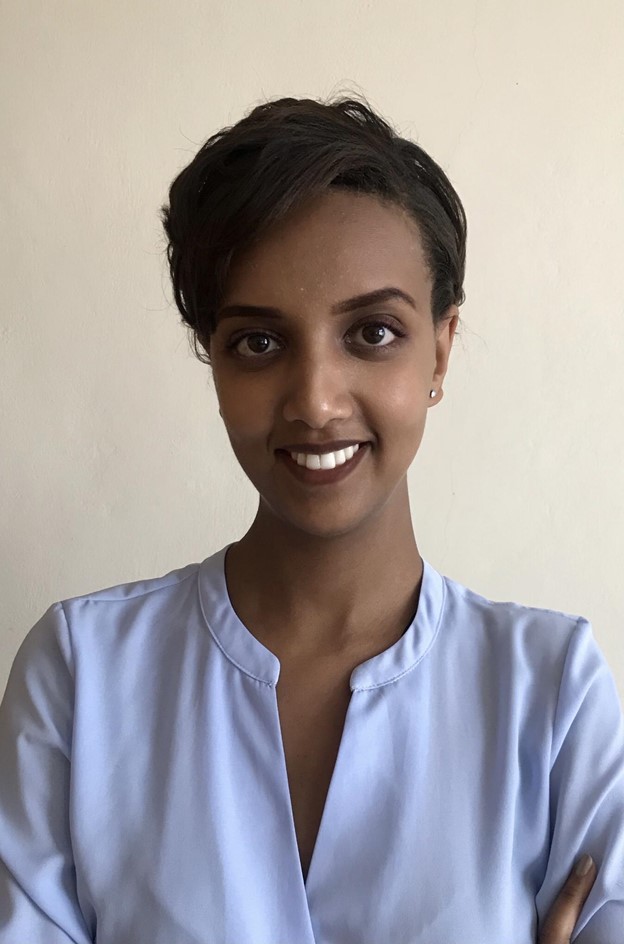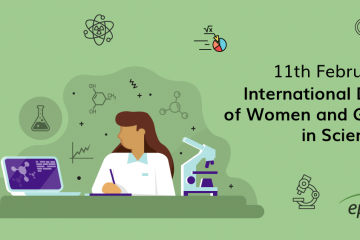Gender is a social construct that often intersects with, but differs greatly from, biological sex. It refers to the socially constructed norms, roles, behaviours, attributes and relations that a given society considers appropriate for women and men. These invariably affect the social and economic responsibilities assigned, activities undertaken, access to and control over resources, as well as decision-making opportunities.
Gender equality is a human right that is crucial to the achievement of a global society with full human potential and sustainable development. Despite its recognition as a key determinant of health, and societal, economic and political development, gender equality remains a complex issue in these areas.
Women, SDGs and Global Health
Unequal gender power relations and harmful gender norms and stereotypes affect the health and well-being of women and men in several different ways. The global framework presented in Sustainable Development Goals (SDGs) provides a unique opportunity to achieve gender equality and simultaneously improve health and ensure social and economic well-being for all through its twin-track approach. Though a stand alone goal (SDG 5), gender equality also has a crucial role in contributing to progress across all the other goals.
Gender intersects with other social determinants of health and other grounds of discrimination, such as education, income, ethnicity, sexual orientation, gender identity or place of residence. It also influences social behaviors, access to opportunities, and the ability to access services. In low- and middle-income settings, where normative models of hegemonic masculinities prevail, there is an increased exposure to gender-based vulnerability and stigma. Pervasive practices of early marriage, parental preference for boys in pursuing education, gender based violence and patriarchal decision-making patterns are key factors that hold back girls in accessing equal opportunities to bodily autonomy, health services, education, and social and political participation.
Although gender equality has been positioned as key to achieving the SDGs, progress towards international gender equality targets has been sluggish. Globally, women experience a disproportionate burden of labor, disease and death due to inequities in access to basic services and education. However, even in the face of such alarming disparity, leadership in the field of global health and other development fields is highly skewed towards men. Experiences have repeatedly demonstrated that women in leadership positions in governmental organizations implement different policies than men and that these policies are more supportive of women and children.
Global health is a multidisciplinary field of service, research, and training that seeks to improve the health of both individuals and populations as well as to achieve health equity for all people worldwide, especially for the resource-poor. For this reason, although a gender gap in leadership exists in many fields, including government, business, law, and education, the one in global health is particularly troubling because reducing unjust health inequalities is central to the field.
Women in the frontlines: the way forward
In order to achieve global health, social justice and environmental integrity, the full and equal access to, and participation of, women and girls in science is essential. Women-led practices, and gender-tailored strategies and opportunities are crucial to driving women to the center of globally applied solutions in addressing SDG challenges. Achieving gender equality and women’s empowerment is integral to each of the 17 goals. Only by ensuring such equality will we be able to sustain our economies, collective wellness, social justice structures, and our shared environment, now and for generations to come.
Global agencies and institutions have an important role to play in promoting best practices to enhance gender inclusion in decision making in matters of global wellbeing. Fulfilling the right of gender equality is the single best approach towards solving some of the most pressing SDG challenges of our time. While women are disproportionately affected by these problems, they are equally equipped with the ideas and leadership skills required to solve them, given the opportunity. As it stands, the gender discrimination that is holding women and girls back, is holding the world back too.
With less than a decade to fulfill the 2030 Agenda for Sustainable Development, the world needs to ask itself: how far has it come in turning the 2030 Agenda into results for women and girls?




0 Comments